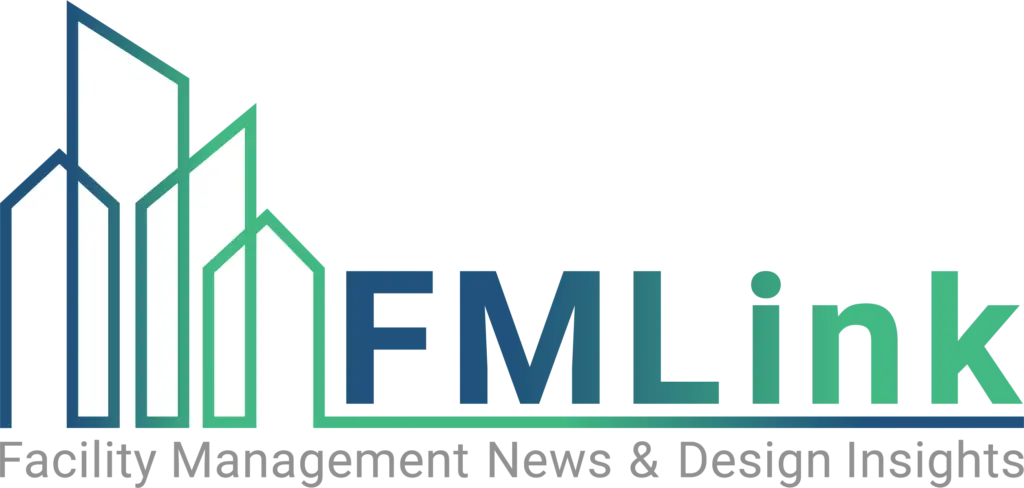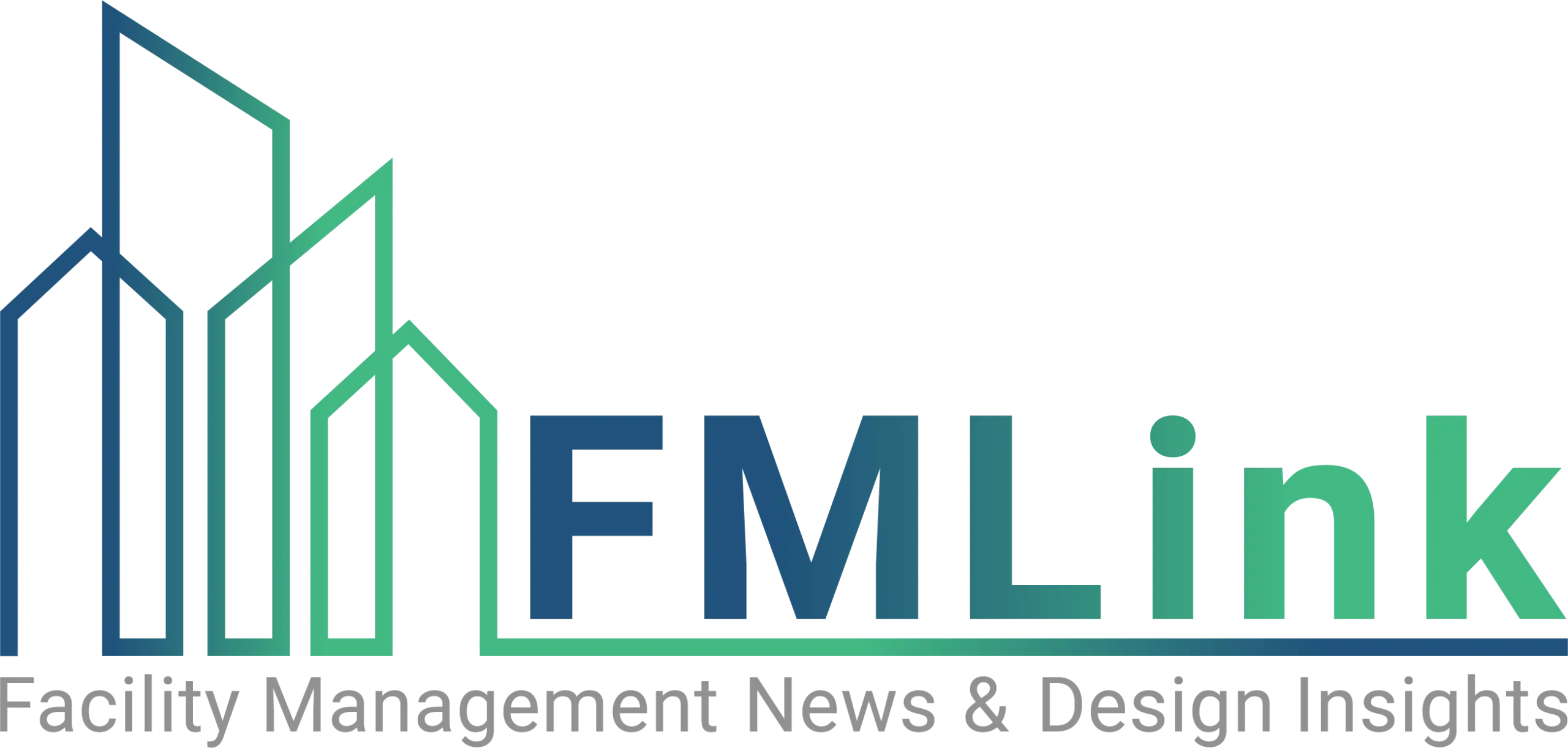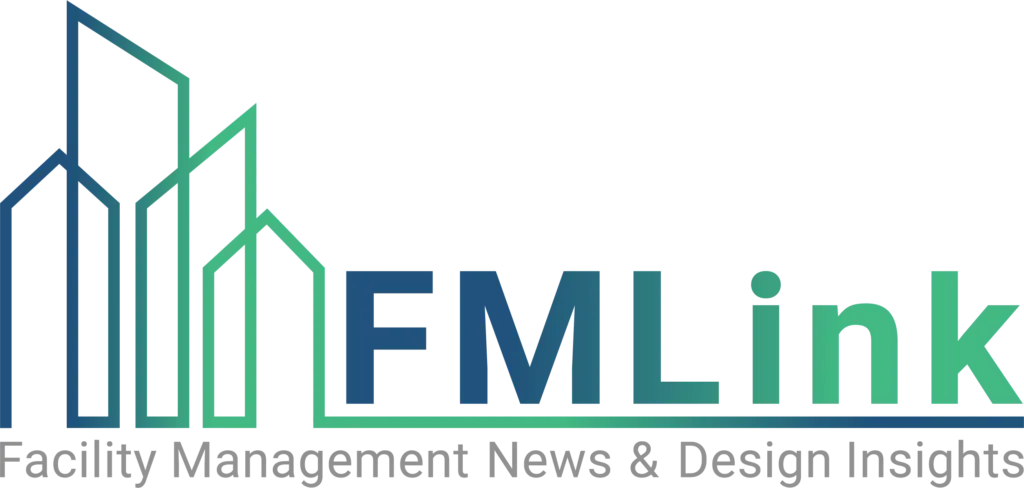
Andrews Air Force Base in Maryland is the well-known home of Air Force One. It is also the preferred air transportation hub for America’s senior officials, as well as kings, queens and other international leaders. Given its history, importance and global visibility, it is no surprise that Andrews places the utmost priority on its appearance and maintaining the highest level of cleanliness possible. Simply stated, anything less than effective delivery of consistent, quality cleaning is unacceptable. For this reason, one particular national organization headquartered at Andrews was excited to learn about the new ISSA Cleaning Industry Management Standard (CIMS) and Certification Program.
The Air National Guard Readiness Center (ANGRC), which develops, manages and directs Air National Guard programs that carry out national-level policies set forth and required by the Department of Defense, the Air Force and others, had for years outsourced their cleaning service with mixed results. Not always satisfied with the efficiency of the organization hired to perform services, Senior Master Sgt. Mark Gyure was looking for a better way—a tool to help identify whether a cleaning company had instituted an effective management structure and was capable of delivering quality service with a focus on customer satisfaction. He now believes he has found precisely what he was looking for in CIMS.
Developing the standard
CIMS sets forth a management framework designed to assist both contract cleaning companies and in-house service providers in developing and maintaining quality, customer-focused organizations. Focusing on the core operational structure of an organization, CIMS is divided into five sections of management best practices: (1) quality systems; (2) service delivery; (3) human resources; (4) health, safety and environmental stewardship; and (5) management commitment. Cleaning organizations that wish to distinguish themselves in the marketplace and validate their quality management system can undergo a comprehensive assessment by an independent, accredited assessor and achieve certification to the standard.
Gyure, who manages the ANGRC’s 200,000 square feet of facilities and is responsible for hiring its contract cleaners, appreciates that CIMS defines the key characteristics of a successful cleaning organization, as well as the fact that CIMS is consistent with ANG’s existing internal requirements.
“We have standards about how we want to see a facility cleaned—dirt free, no standing water, those type of things,” Gyure explains. “But we saw that this was an industry putting together a management standard based on its years of experience. We saw value in that.”
In developing CIMS, ISSA relied on more than just the experience of the cleaning industry. The standard was developed through a true consensus-based process that brought together the top decision makers and organizations representing—not only the cleaning industry—but the facility management and purchasing communities as well. Shari Epstein, associate director of research for IFMA, participated on the development technical committee, as did three other individuals specifically appointed by IFMA. Involving the facility management community in the process was crucial to ensuring that the standard covered issues of greatest importance to the ultimate customer.
Mark Kischner, operations manager for Reef Management Company in Illinois, certainly appreciates the inclusion of facility managers in the standard development process and believes that such participation has numerous benefits, including ensuring that CIMS would remain non-prescriptive and not require or recommend specific products, procedures or systems for compliance.
“I like that CIMS does not tell cleaning professionals how to finish a floor, what equipment to use or where and how to hang their time clocks,” he notes. “By being non-prescriptive, the standard is flexible enough to be used by large and small contractors and utilizes universally-accepted business standards all companies should employ.”
The idea of an industry policing itself and raising its own internal bar appealed to Gyure because of ANG’s commitment to excellence and demand for the highest level of service. It is not just a matter of having a clean facility. The way Gyure sees it, a clean facility ties directly to the bottom line functionality of any organization.
“I tell people to imagine how they feel when they are at a five-star restaurant and realize it is so clean they could eat off the floor,” he says. “It’s a mood-elevator. You feel good in a spotless environment. Then I tell them to imagine how they feel when they go into a run-down service station along the highway and ask which of the two environments they would rather be in on an average workday. Where would they get the most done? That is how important a clean facility is to productivity.”
Hiring for cleaning excellence
However, the importance of ensuring that facilities are cleaned effectively extends beyond appearance and increased productivity. As there continues to be a shift from cleaning for appearance to cleaning for health and the crucial role cleaning plays in creating a healthy, sustainable indoor environment is becoming better understood, cleaning has never been more important. Public health threats that were once a rumor are now becoming a reality as MRSA, Norovirus and other dangers are becoming more prevalent. The bottom line is that facility managers can no longer take a chance when it comes to cleaning and must demand that the contracted cleaning organization is effectively managed.
Gyure views CIMS as a primary tool for getting such assurance. As such, he appreciates that CIMS certification will take some of the work out of selecting a cleaning company.
“CIMS certification lessens the burden on people in all industries who are hiring cleaners because it helps remove the risk factor from the hire,” he notes. “If a company is CIMS-certified, you know you are hiring a company of excellence. You know you likely will not be forced into hiring another company a few months down the road due to poor performance.”
Steve Spencer, facility manager for State Farm Insurance in Bloomington, Ill., agrees that CIMS certification can be used as a powerful pre-qualification tool.
“Contractor qualification is an important part of our bid process and has taken a great deal of time to accomplish in the past,” Spencer notes. “CIMS certification will greatly reduce the process for us. CIMS provides the standard for making sure the contractor you hire is committed to quality.
“State Farm simply cannot take a chance when it comes to hiring a cleaning service provider. Hire the wrong company and you face the possibility of having to re-bid the contract, which can actually be the least of your concerns. A poorly-run company also poses security concerns, not to mention the risk of theft, damaged property, workers compensation involvement and potential employee exposures to illness and injury.”
Ultimately, ANGRC and other facilities, including Seattle-Tacoma International Airport, have made the decision to mandate CIMS-certification as a pre-requisite to be awarded a janitorial services contract.
“When we are hiring a cleaning company, we are dedicated to looking at as many companies as possible to find the best fit,” Gyure says. “If I look at 100 companies, and 95 of them are not CIMS-certified, that is 95 bidders I can cross off my list before I go any further.”
Kischner and Spencer also plan to require CIMS certification.
“Being able to employ CIMS certification within my cleaning specification—for free I might add—will make my job as a facility manager that much easier,” Kischner states. “And anything that improves the quality and efficiency of what I do is a no-brainer.”
In-house cleaning departments also benefit from certification
The benefits of CIMS certification are not just limited to facility managers who outsource their cleaning service. Facilities and organizations that perform in-house cleaning can also become certified to
improve operations and validate service and quality. Such facilities are facing a time of increased service demands coupled with shrinking budgets—a dynamic that can result in dizzying new challenges. It was for these reasons and others that the University of Michigan’s Plant Building and Grounds Services Department (PBGS) applied to participate in the CIMS certification case study program and had the honor of becoming the first CIMS-certified organization in June 2007.
“We saw CIMS certification as one way our department could exemplify the university’s philosophy and gain the respect our staff deserves,” notes Darryl Betts, area manager. “Too often in the cleaning industry, you know you are at the top of your field, but you have no way to independently prove it. CIMS gave us the opportunity and that has tremendous value.”
While other service departments within the university have won industry awards, Betts identified CIMS as the first certification program that looked at the department as a whole and required it to meet a set of management expectations that range from how you train employees to how you interact with customers. The process required buy-in from the entire PBGS team and forced them to take a look at their operations as a whole, promote information sharing throughout the entire organization and centralize their management information. Ultimately, the process lead to what the department refers to as “management in a box”—a set of seven comprehensive binders that can be referenced by anyone in the organization.
PBGS found the process useful in identifying both areas where they are successful and those that could be improved. The team discovered that some policies differed from area to area, reinforcing the standardization and simpler processes. The group had engaged in past discussions regarding their needs. CIMS preparation efforts reaffirmed the change to move forward.
“The CIMS certification process was certainly an informative and positive experience,” says John Lawter, PBGS associate director. “It reinforced our beliefs in what we feel we are doing right, as well
as identified areas for improvement.”
PBGS also sees CIMS certification and how it applies equally to in-house operations and contract cleaners, creating a level playing field.
“When you are always under the microscope and the perception is that someone else can do your job more efficiently, it is invaluable to be able to hold the same certification that is available to contract cleaners,” notes Betts.
Lukeland Gentles, business manager for PBGS, agrees and sees CIMS certification as having a significant financial impact. “If a global organization says your organization is operating as efficiently as possible in these cornerstone areas of management and customer focus, you will be taken a bit more seriously the next time someone considers cutting your budget,” he advises.
Certification now open to the entire cleaning industry
The University of Michigan’s Plant Building and Grounds Services Department is one of 19 organizations to achieve certification during the CIMS case study program. Following the successful completion of the case study, certification has now opened to all organizations in the cleaning industry and companies are encouraged to apply. The *19 organizations that have achieved certification are as follows:
- Bee-Clean Building Maintenance (Edmonton, Alberta)
- Better Business Cleaning (Erie, Colo.)
- Guardian Service Industries (New York City, N.Y.)
- Horizon Services Corporation (East Hartford, Conn.)
- IH Services (Greenville, S.C.)
- KIMCO Corporation (Norridge, Ill.)
- K-tech Kleening Systems (Weston, Wis.)
- Magic Touch Cleaning (Lee’s Summit, Mo.)
- McFarland Hanson Inc. (Anoka, Minn.)
- Mid-American Cleaning Contractors (Columbus, Ohio)
- Omni Facility Services (Southfield, Mich.)
- Portland Habilitation Center (Portland, Ore.)
- Scarlet & Gray Cleaning Service (Cincinnati, Ohio)
- ServiceForce USA (Dulles, Va.)
- UGL-Unicco (Auburndale, Mass.)
- University of Guelph Physical Resources Department (Guelph, Ontario)
- University of Michigan Plant Building and Grounds Services Department (Ann Arbor, Mich.)
- Varsity Contractors (Pocatello, Idaho)
- Vonachen Services, Inc. (Peoria, Ill.)
*As of Feb. 5, 2008
Regardless of whether you outsource cleaning or perform it in-house, CIMS promises to be a tremendously powerful tool for a facility manager. If you outsource cleaning, CIMS certification acts as a powerful pre-qualification tool that can help you take the guesswork out of the equation and increase your odds of outsourcing success. On the other hand, if you perform cleaning in-house, CIMS acts as a benchmarking resource. Compliance with CIMS will help you deal with budgetary pressures, improve efficiency, provide more customer-focused services and advance the organizational master plan. In any event, as we continue to see a shift in focus from cleaning for appearance to cleaning for health, cleaning is becoming increasingly recognized as a primary weapon in the fight against emerging public health threats. Simply stated, an organization cannot afford to take a chance when it comes to cleanliness and good sanitation. CIMS provides the management structure necessary to get the job done. FMJ
About the author

Daniel Wagner is ISSA’s director of the Cleaning Industry Management Standard and has been with ISSA since November 1999. He is primarily responsible for leading the association’s new CIMS program, was one of the primary authors of the CIMS Certification Guide, has published numerous articles and spoken at various conferences and seminars on CIMS, standardization and management principles.
Wagner is also the association’s director of facility service legislative affairs and in-house legal counsel. In this role, Wagner has experience in working with various regulations that have a direct impact on the cleaning industry.
More information on CIMS, certification and how facility managers can use the standard, including certification applications, case studies, an easy-to-use benchmarking checklist and a pre-qualification tip sheet that shows how certification can be seamlessly incorporated into existing cleaning specifications, are available at www.issa.com/standard.




